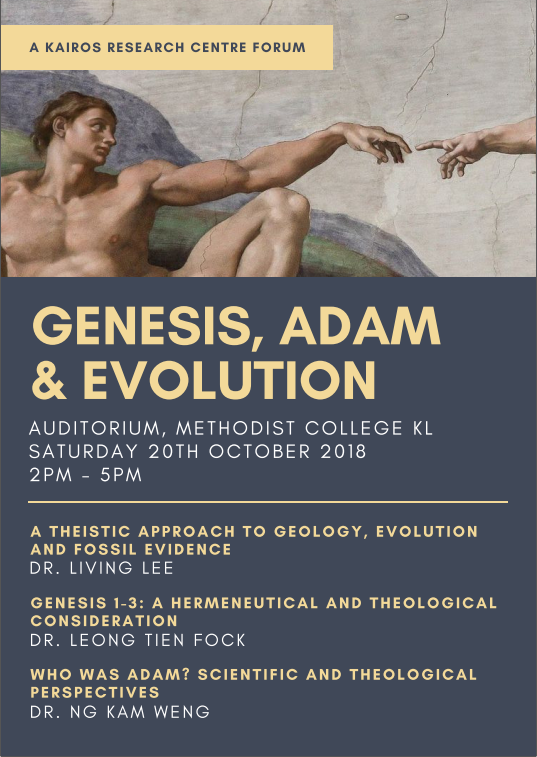
The term “Limited Atonement” has become a favorite fodder for Arminians in their criticism of Calvinism (or preferably, Reformed theology). However, their criticism is misplaced for the following reasons:
(1) Historically, the term, “TULIP” was not used when the five points of Calvinism were originally affirmed in the Synod of Dort (1618). It gained popularity only in the 20th century as a convenient mnemonic device to summarize five central teachings of Reformed theology.
(2) The criticism is misguided. It would be more fruitful to shift the debate from a fixation with the negative term, “Limited Atonement” (which suggests a spirit of defensiveness), to an engagement with the positive affirmation of the Reformed doctrine of “Definite Atonement,” “Effective Atonement” or “Particular Redemption.”
(3) Arminians should think twice before throwing stones at the Calvinists when they themselves could well be living in a glass house. In truth, Arminians also teach a “Limited Atonement”, perhaps more so than Reformed theology! [Tu quoque?] Continue reading “Why Arminians Limit the Atonement More than Calvinists”


